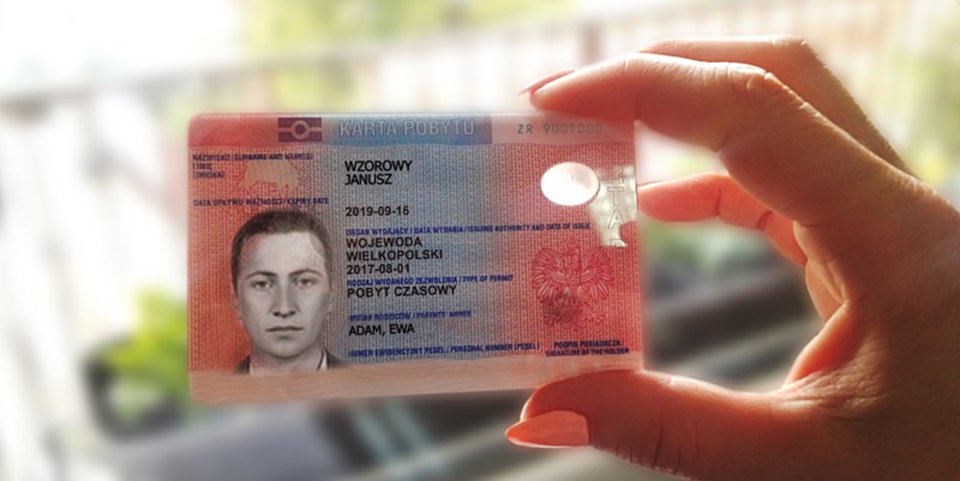
If you’re a non-EU/EEA citizen planning to stay in Poland for more than 90 days, you’ll need a Temporary Residence Permit (TRC).
What is a Temporary Residence Permit (TRC) in Poland?
A Temporary Residence Permit (TRC) is a legal document that allows non-EU/EEA nationals to reside in Poland for a specified period, usually up to 3 years. It is issued based on the purpose of your stay, such as work, study, family reunification, or business. The TRC also serves as an identification document and allows free movement within the Schengen Area for short stays.
Who Needs a TRC in Poland?
You need a TRC if:
- You’re a non-EU/EEA citizen.
- You plan to stay in Poland for more than 90 days.
- Your purpose of stay falls under one of the following categories:
- Work (employment or business)
- Study (enrollment in a Polish educational institution)
- Family reunification (joining a family member who is a Polish citizen or long-term resident)
- Humanitarian reasons (special circumstances)
Eligibility Criteria for a TRC
To qualify for a TRC, you must meet the following requirements:
- Valid Purpose of Stay: Provide a legitimate reason for staying in Poland (e.g., work, study, family reunification).
- Financial Stability: Show proof of sufficient funds to support yourself and any dependents.
- Health Insurance: Provide proof of valid health insurance (public or private).
- Clean Criminal Record: Submit a background check from your home country.
- Legal Entry: Enter Poland legally with a valid visa or visa exemption.
Types of Temporary Residence Permits in Poland
The type of TRC you apply for depends on your purpose of stay. Common types include:
- Work Permit: For employment or business activities.
- EU Blue Card: For highly qualified professionals.
- Study Permit: For students enrolled in Polish educational institutions.
- Family Reunification: For joining family members in Poland.
- Humanitarian Stay: For special circumstances or humanitarian reasons.